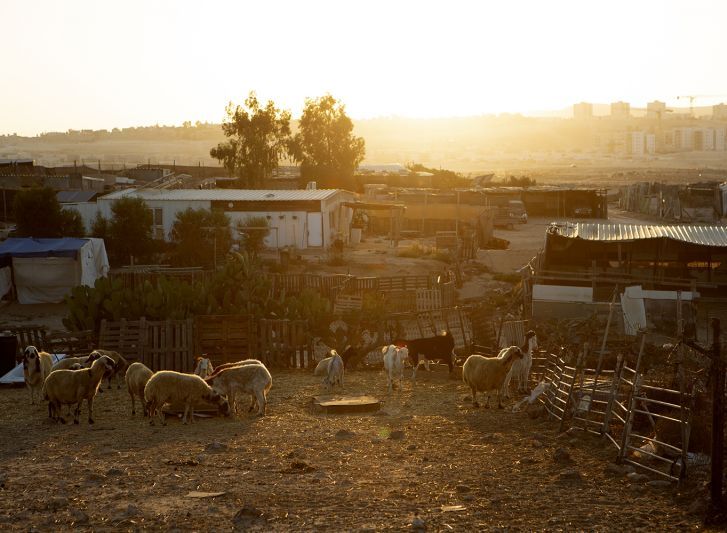Beer El-Sabe Municipality Removes Arabic from Street Signs
On 5 August 2015, Adalah sent a letter to the mayor of Beer el-Sabe (Be'er Sheva) and the Attorney General (AG) demanding the return of street names in Arabic to informational signs in the city. The municipality recently changed the old signs that bore the names of streets in Arabic and put up signs only in Hebrew and English.
Adalah Attorney Nadeem Shehadeh wrote in the letter that: "Arab residents comprise about 10% of the population of Beer el-Sabe, and tens of thousands of Arab citizens live in surrounding villages and towns. The city is a vital center for them, especially due to the shortage essential services in the Bedouin villages.”
Adalah argued that: "Excluding the Arabic writing from the signs harms the rights of Arab citizens in the city in terms of their ease of movement and their ability to know the place, especially as a large number of them are not fully fluent in Hebrew or English.” Adalah also contended that deleting the names of the streets in the Arabic language shows a blatant, "disregard for the existence and status of the Arab population in the city, and is a message to them that they are unwelcome in the city, especially as the Arabic names were displayed on the former signs.” The decision violates Arab citizens’ rights to dignity and equality.
In 2002, in a landmark judgment, the Israeli Supreme Court accepted a petition filed by Adalah and the Association for Civil Rights in Israel (ACRI) demanding that mixed cities in Israel use Arabic on their street signs, based on the right of equality, freedom to use one’s own language, and the official (albeit not equal) status of the Arabic language in Israel. See HCJ 4112/99, Adalah, et. al. v. The Municipalities of Tel Aviv-Jaffa, et. al., decision delivered 25 July 2002. A summary of the Supreme Court’s decision in English is available here.
















